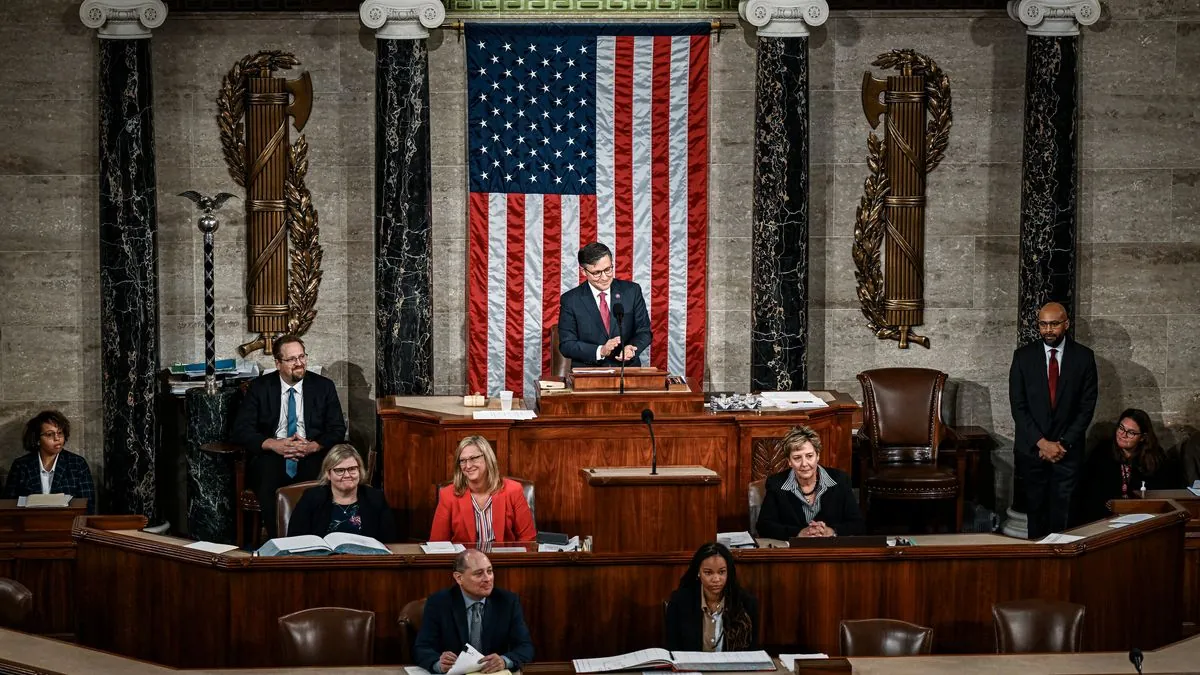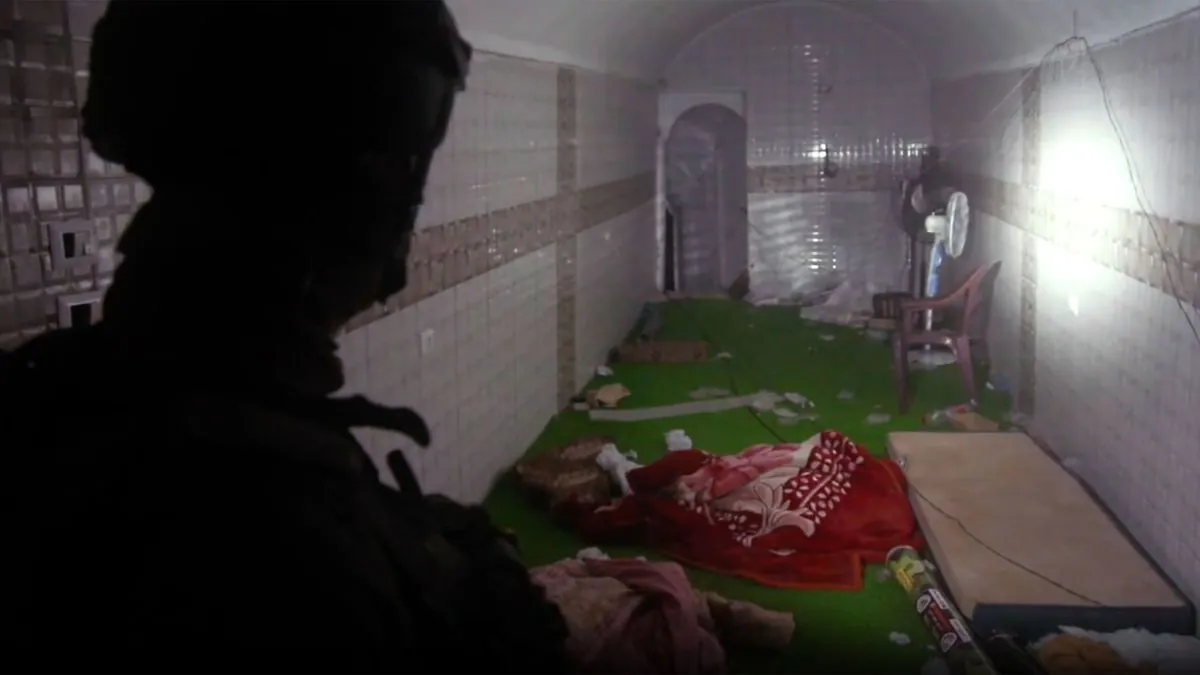U.S. Lawmakers Divided Over Gaza Conflict as Hostage Crisis Deepens
U.S. political parties clash over Israel-Hamas conflict approach. Democrats urge ceasefire after hostage deaths, while Republicans criticize Biden administration's stance. Harris condemns Hamas as tensions escalate.

The recovery of six hostages' bodies from a Gaza tunnel has intensified the political debate in the United States regarding the ongoing Israel-Hamas conflict. Democratic lawmakers have renewed calls for a ceasefire, while Republicans criticize the Biden administration for what they perceive as insufficient support for Israel.
Senator Dick Durbin, the second-ranking Senate Democrat, expressed his devastation over the news of Hersh Goldberg-Polin's death, an Israeli-American citizen among the recovered hostages. Durbin emphasized the urgent need for a ceasefire, stating:
"A ceasefire must be reached immediately that allows all remaining hostages to be released, humanitarian aid to flow into Gaza, and an elusive and neglected long-term vision for peace and stability to become a reality."

The Gaza Strip, one of the most densely populated areas globally, has been under an Israeli-Egyptian blockade since 2007. This situation has complicated efforts to provide humanitarian aid to the region, a contentious issue due to Hamas's control of the territory.
Republican lawmakers, however, have taken a different stance. Senator Tom Cotton accused the Biden-Harris administration of emboldening Hamas through ceasefire calls. He urged Benjamin Netanyahu's government to "finish the job against Hamas," reflecting the historically strong bipartisan support for Israel in the U.S. Congress.
The United States has been a key ally of Israel since its establishment in 1948, providing significant military aid annually. This longstanding relationship has often influenced U.S. foreign policy in the Middle East, with the two major political parties sometimes differing in their approaches.
Vice President Kamala Harris condemned Hamas in a statement, describing it as "an evil terrorist organization." It's worth noting that the U.S. State Department has designated Hamas as a terrorist organization since 1997. Harris's statement aligns with the U.S. government's long-standing position on the group.
The Israel-Hamas conflict is part of the larger Israeli-Palestinian conflict, which dates back to the early 20th century. Despite numerous attempts at peace, including the Oslo Accords in the 1990s, a lasting resolution remains elusive. The United Nations has repeatedly called for a two-state solution, but progress has been limited.
Some lawmakers, like Senator Lindsey Graham, have called for increased pressure on Iran, Hamas's main sponsor. This approach reflects the complex regional dynamics, with Iran providing financial and military assistance to Hamas for years.
As the situation unfolds, the U.S. continues to play a significant role in the conflict. President Joe Biden spoke with Goldberg-Polin's parents to offer condolences, while National Security Adviser Jake Sullivan planned a virtual meeting with families of American hostages held by Hamas.
The ongoing crisis underscores the challenges in finding a peaceful resolution to the Israeli-Palestinian conflict, which has been a major factor in regional Middle East politics for decades. As both Democrats and Republicans debate the best course of action, the international community watches closely, hoping for a breakthrough that could lead to lasting peace and stability in the region.


































